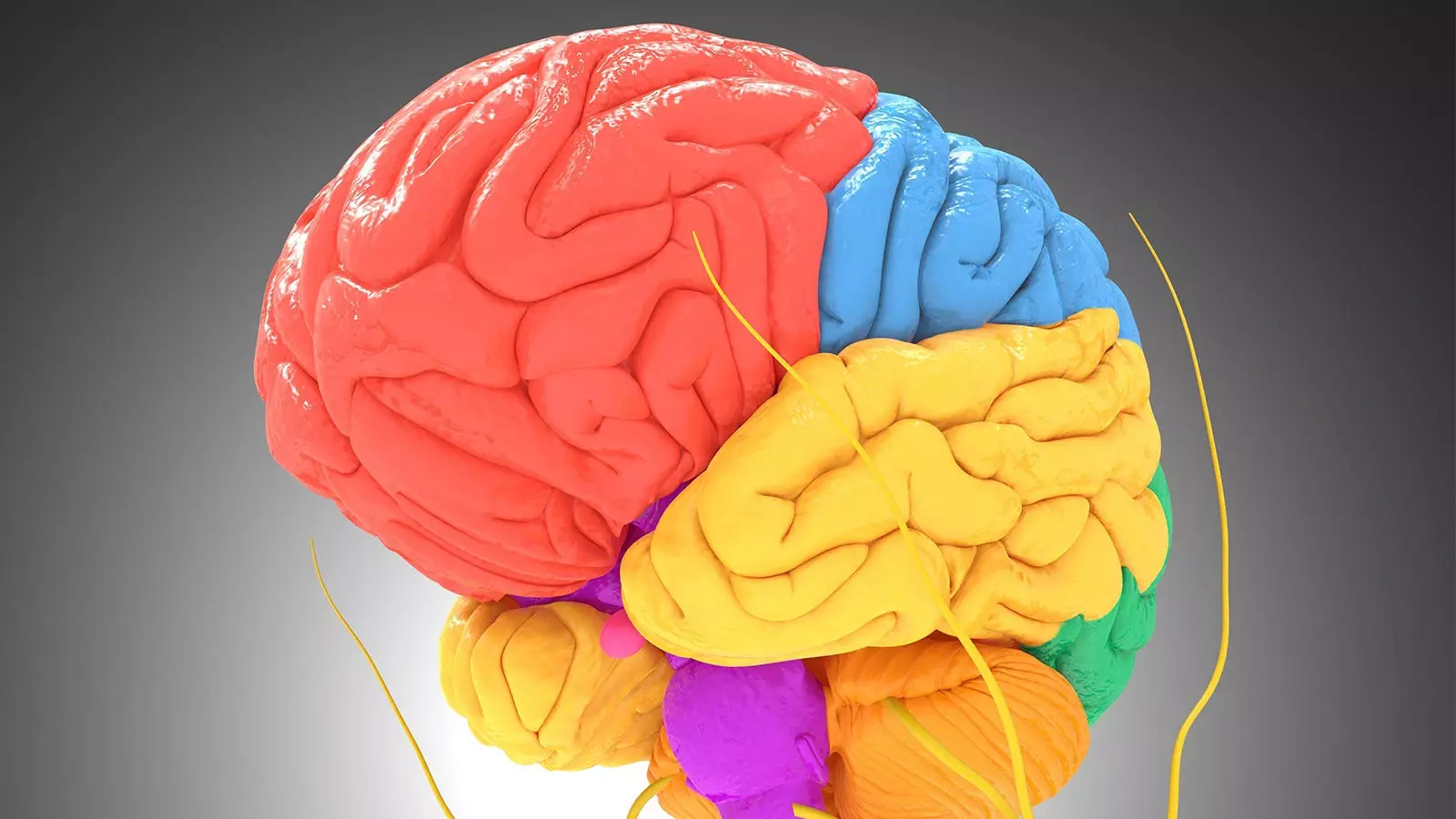Frontotemporal lobar degeneration (FTLD), commonly known as frontotemporal dementia (FTD), is a progressive and debilitating condition that affects individuals primarily in their mid-50s or 60s. This neurodegenerative disorder has been challenging to diagnose accurately, leading to delays in treatment and difficulties in clinical trial recruitment. Recent research conducted by Adam Staffaroni, PhD, and colleagues from the University of California San Francisco (UCSF) has shown promising results in using cognitive tests administered through a smartphone app to detect and monitor FTLD.
The observational study conducted by Staffaroni and colleagues involved 360 participants who were grouped into a discovery cohort and a validation cohort. These participants were enrolled from 18 centers of a North American FTLD research consortium and were asked to complete cognitive testing remotely using their own smartphones. The study included individuals at different stages of FTD, including asymptomatic, prodromal, and symptomatic cases.
The researchers found that the cognitive tests administered through the smartphone app demonstrated moderate to excellent internal consistency and test-retest reliability. These tests were strongly associated with disease severity, brain volume, and neuropsychological measures, supporting their validity in detecting FTLD. Additionally, the smartphone measures were more sensitive to early stages of familial FTD, making them potentially valuable tools for early diagnosis and monitoring of the disease.
The study’s findings have significant implications for clinical practice and research in the field of neurodegenerative disorders. The ability to accurately detect and monitor FTD using a smartphone app has the potential to revolutionize the way healthcare professionals approach diagnosis and treatment of the disease. Moreover, the researchers believe that the app could be used in future clinical trials to monitor treatment effects and reduce the need for in-person visits to trial sites.
While the study showed promising results, the researchers acknowledged several limitations. The study population was predominantly white and college-educated, which may limit the generalizability of the findings to other demographic groups. Future studies will need to explore the app’s reliability and sensitivity over repeated measurements and in more diverse populations. Additionally, the researchers do not currently have plans to make the mobile app publicly available, but see its potential in clinical settings.
The use of cognitive tests administered through a smartphone app shows promise in detecting and monitoring frontotemporal dementia. This innovative approach could lead to earlier diagnosis, improved treatment outcomes, and enhanced recruitment for clinical trials in the field of neurodegenerative disorders. Further research and development in this area are needed to fully realize the potential of mobile technology in the management of FTLD.


Leave a Reply